
Flower Duet from Lakmé: “Sous le dôme épais”
This enchanting duet is from Delibes’s famous 1883 opera. It is sung by Lakmé, the daughter of a Brahmin priest, and her servant Mallika, as they gather fragrant flowers by the river.

This enchanting duet is from Delibes’s famous 1883 opera. It is sung by Lakmé, the daughter of a Brahmin priest, and her servant Mallika, as they gather fragrant flowers by the river.
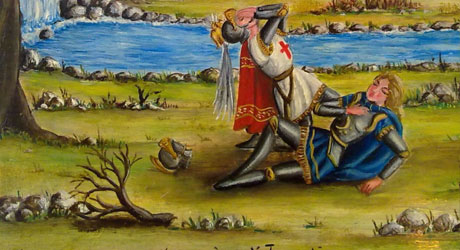
A dramatic work for three voices and orchestra.
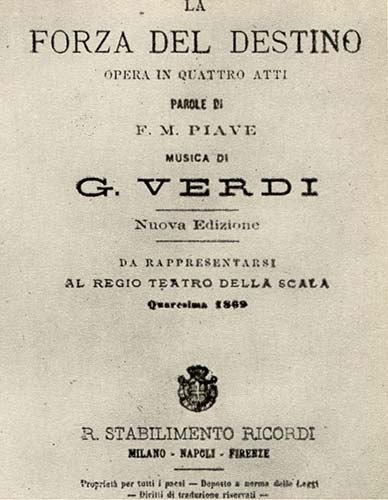
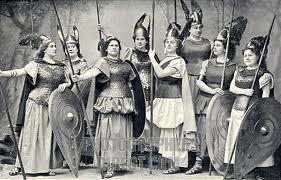
Instantly recognizable, this work is taken from Wagner’s opera “The Valkyries,” his second opera in the Ring cycle. The “Ride” is a musical tone poem in which the Valkyries – warrior daughters of Wotan, king of the gods – ride through the air bringing back the souls of dead heroes to Valhalla, the home of the gods. The scenery is foreboding – towering, craggy mountains, a stormy thundering sky. All of this is brought to life in Wagner’s electrifying and dramatic orchestration.
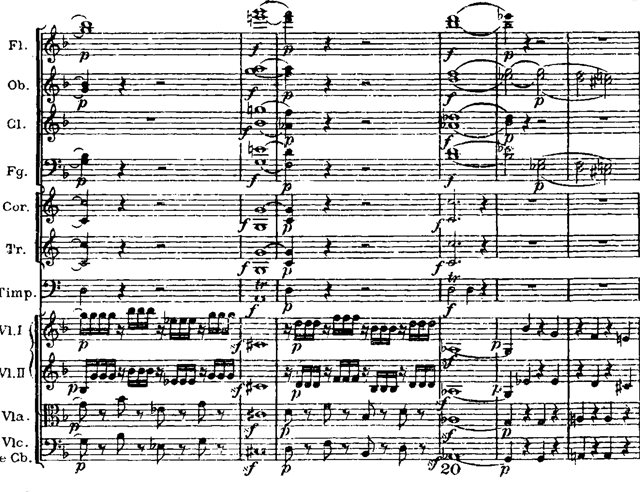
Mozart completed Don Giovanni in 1787, and the opera was premiered in Prague on October 29, 1787. Don Giovanni is one of the three operas that resulted from Mozart’s collaboration with the great librettist Lorenzo Da Ponte (the other two operas being Le nozze di Figaro and Cosi fan tutte). Mozart himself called his opera dramma giocosso (literally “merry drama”) and here in the overture we can see how drama and comedy shift as quickly and as unpredictably as only one man – Mozart – could do.
The overture begins with the Commendatore theme. The tragic chords of the very beginning, the following ostinato rhythm, as well as the ascending and descending lines in the first violins and flutes create the impression of something fateful to follow. Contrasting with the general dark mode of the introduction of the overture is the sonata allegro with its typical Mozartean wit and energy.
The second theme of the sonata allegro deserves special attention: its forte–piano contrast clearly represents the Don Giovanni–Leporello tandem. Originally Mozart designed the overture to lead directly to the music of the first act, showing that the overture is an inseparable part of the entire drama.
It is a well known fact that it took only one day for Mozart to complete the overture to the opera (and that day happened to be the day before the opera’s premiere). After the death of Mozart, Johann Andre adopted the end of the overture for concert performance, and it is Andre’s version that you will hear today.
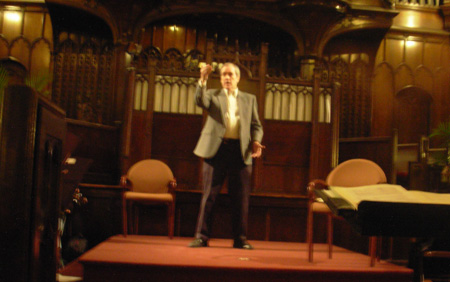
Mozart’s one-act comic opera “der Schauspieldirektor”, or The Impresario, was originally composed in 1786 as a “Singspiel” – a German type of play interspersed with various musical numbers – at the request of Emperor Joseph II for a private performance at the Schönbrunn Palace in Vienna. Mozart wrote The Impresario at around the same time as The Marriage of Figaro.
It contains marvelous music – a well-known overture, and four vocal numbers. The original libretto, however, presents a number of challenges in mounting a full-fledged production. For this performance, we are fortunate indeed to have an English adaptation authored by William J. Brooke, who also happens to be our stage director and play the title role of Impresario (all at once!). In his adaptation, the first two solo arias are largely sung in the original German; the trio and finale are done in English, as is the dialogue.
The story itself is about the woes of an opera company director (Scruples). His scheming assistant (Bluff), who longs to sing bass roles on stage, engages a banker (Mr. Angel) to financially “rescue” the opera company’s upcoming season. In return, Mr. Angel merely requests Scruples to showcase Mr. Angel’s two paramours (Madame Goldentrill and Miss Silverpeal) each of which happens to be an opera singer, and each of which thinks she should be the prima donna for the upcoming opera season!
Of course theatrical and musical fireworks ensue, before leading to a most unlikely (yet satisfactory) conclusion.
La Traviata was first performed in 1853. One of Verdi’s most famous operas, it tells the story of a doomed love affair between a young and beautiful girl of dubious reputation and a young man from the proper social circles. The Prelude to Act III opens with a high ethereal melody played by divided violins. Its foreboding tone and mood set the stage for the opera’s tragic conclusion.